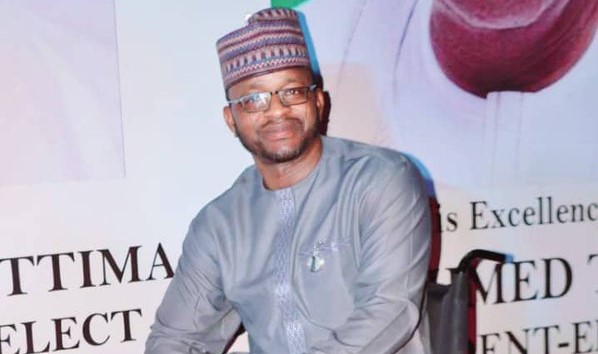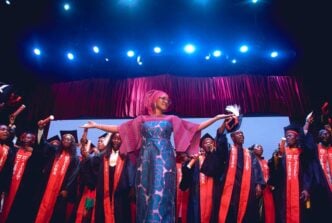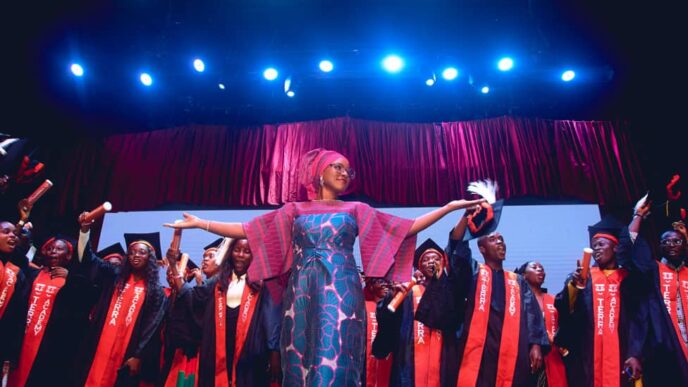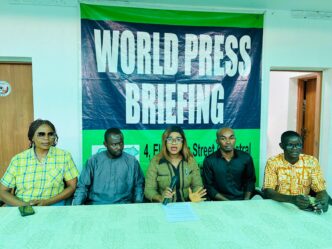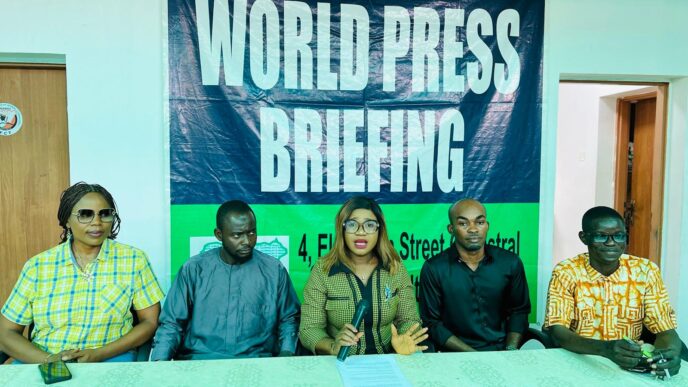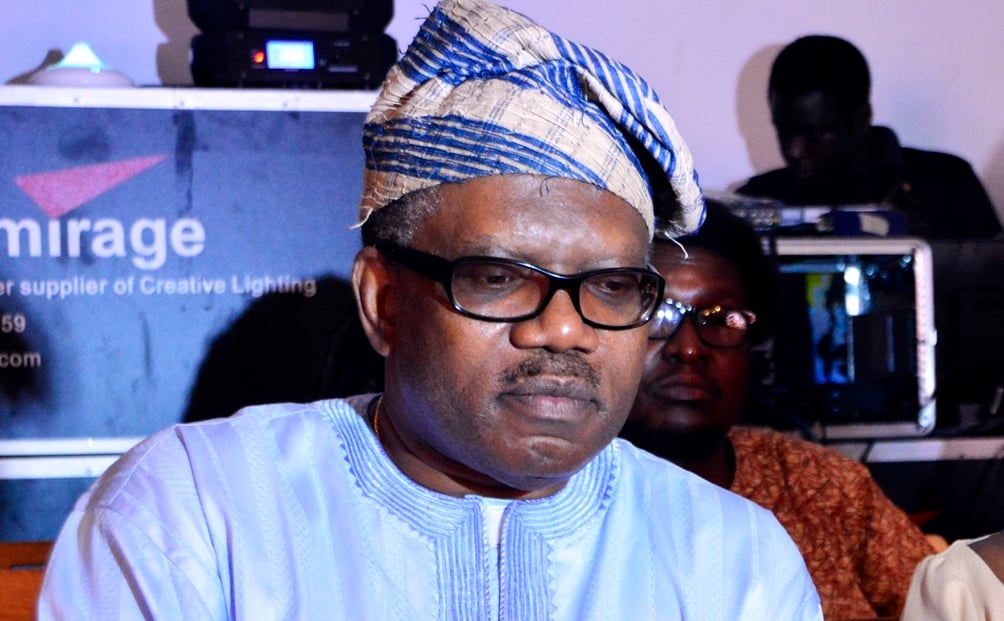Mohammed Isa
Mohammed Isa, senior special assistant on special needs and equal opportunities to President Bola Tinubu, has called for inclusive policies for persons with disabilities (PWDs) in rural communities.
Lanre Oloyede, director of media and communications, represented Isa at the launch of the Local Government Disability Framework in Abuja.
The event was organised by the Hope Inspired Foundation for Women and Youth With Disabilities (HIFWYD) with support from the Disability Rights Fund (DRF).
The event advanced the Partnership for Disability Inclusive Local Governance (PADILG) project which targets marginalisation of PWDs.
Advertisement
Isa noted that most PWDs live in rural areas, with barriers to education, healthcare, infrastructure, and political participation.
He praised HIFWYD’s efforts, saying “your tireless passion, resilience, and advocacy are not only commendable but truly transformative”.
“Focusing on grassroots governance and local government systems is not only innovative — it is essential,” he added.
Advertisement
He linked the framework to the United Nations Convention on the Rights of Persons with Disabilities (UNCRPD) and Nigeria’s 2018 Discrimination Against Persons With Disabilities (Prohibition) Act.
“President Bola Ahmed Tinubu GCFR remains steadfast in his resolve to build an inclusive society where no one is left behind,” he said.
“To my brothers and sisters in the disability community — hope is here!”
Esther Nwite, HIFWYD project lead, also spoke on rural inclusion for PWDs.
Advertisement
“PWDs are full citizens with equal rights to participate in every aspect of society without discrimination,” she said.
Lawal Bello, national president of the Association of Local Governments of Nigeria (ALGON), who supports Theophilus Odaudu, programme officer at DRF Nigeria, backed the initiative.
Bello harped on local-level action, while Odaudu asked PWDs to leverage the framework for advocacy.
They both expressed optimism about its adoption across Nigeria’s 774 local government areas.
Advertisement
